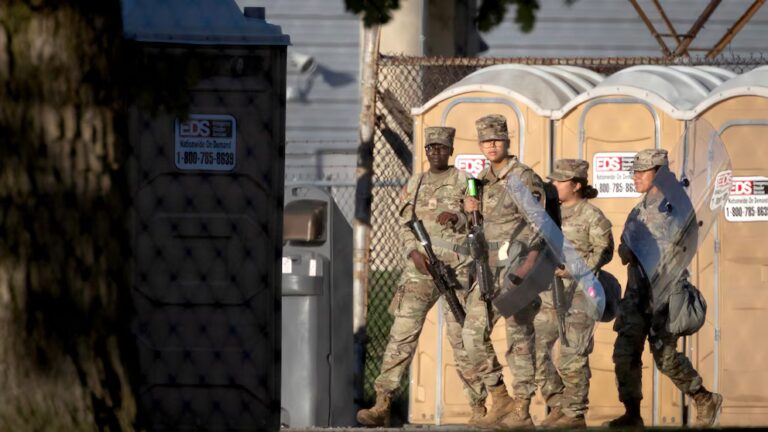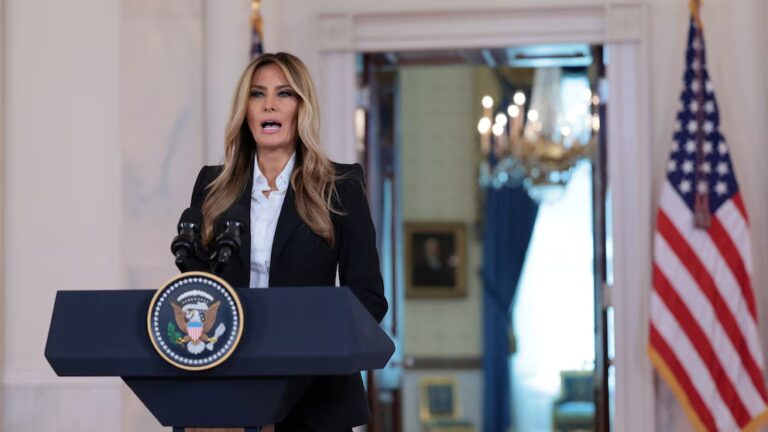
Louisiana voters during Tuesday’s midterm elections approved Amendment 2, eliminating a Jim Crow law that made Louisiana one of two states allowing non-unanimous juries in felony trials.
In the late 19th century, Louisiana was faced with a new constitutional requirement, after the passage of the US Constitution’s 14th Amendment, that forced the state to include black people in juries. Since Louisiana required juries to reach unanimous decisions, as is standard, this meant a single black person on the jury would have a lot of power — which would weaken white Louisianans’ hold over the state, its government, and its laws.
Related
Live results: Louisiana midterm elections
The state found a workaround. As part of a constitutional convention in 1898 meant to “perpetuate the supremacy of the Anglo-Saxon race in Louisiana,” it enacted a slew of Jim Crow measures. One of them allowed split juries for felony trials, so the few black jurors could be easily overruled by a white majority.
“This was part of the 1898 constitutional convention, which is famous for disenfranchising black voters,” Lawrence Powell, a historian at Tulane University in New Orleans, told me. “It was also around the time of the Plessy [v. Ferguson] case that just got sanction from the US Supreme Court for racial segregation. It’s all part of that mix.”
Louisiana was one of two states that allow split-jury decisions in criminal cases, requiring just 10 of 12 jurors to agree to a verdict in serious felony trials. Oregon is the only other state that allows split juries, but even it requires unanimous verdicts for murder trials.
Amendment 2 requires unanimous decisions for felony trials. It isn’t retroactive, instead taking effect only for cases after January 1, 2019. The state legislature passed a bill, with bipartisan support, to put the issue on the ballot. The state’s Democratic Party and Republican Party backed the measure, as well as organizations all over the political spectrum, from the American Civil Liberties Union to the Koch-backed Americans for Prosperity of Louisiana.
There isn’t much data on how non-unanimous juries actually work in Louisiana. But the data we do have suggests a disproportionate racial impact.
The New Orleans Advocate summarized its review of nearly 1,000 jury convictions over six years: “The newspaper’s analysis found that 40 percent of trial convictions … came over the objections of one or two holdouts. When the defendant was black, the proportion went up to 43 percent, versus 33 percent for white defendants.”
So how did this law — a blatant leftover of the Jim Crow era — remain on the books?
For one, the US Supreme Court has allowed non-unanimous juries, most notably in 1972’s Johnson v. Louisiana and Apodaca v. Oregon. The rulings remain in place today.
The other issue is that Louisiana’s law could be spun to be not about race, but about making the court system more efficient.
“They didn’t use raw, racist language in the debates to justify the non-unanimous jury rule,” Powell said, even though “the whole constitutional convention was marinating in this kind of racist fluid.”
This is emblematic of how systemic racism works in America: Because policies seem racially neutral at face value, they slide under the radar even if in reality they result in racially disparate outcomes. There are all sorts of policies that we know have racially uneven outcomes — drug laws, traffic rules, voter ID requirements — but because they don’t explicitly invoke race, their supporters can argue that racism isn’t their intent.
The same applies to the non-unanimous jury rule. Louisiana’s law, in and of itself, did not mention race; it was just a law about how juries are structured and reach decisions. Even if it had a racially disproportionate impact, supporters of the law could say that anything related to race wasn’t their intent, regardless of the law’s history. So it remained the law of the state.
Eventually, though, the reality of how laws work on the ground catches up with the laws themselves. We’ve seen that over the past few years, as criminal justice reformers have called for an end to the war on drugs, mass incarceration, and police brutality, citing racial disparities in the criminal justice system. Even in a very conservative state like Louisiana, the reality of systemic racism now seems harder to avoid — and that may have led voters to eliminate a remnant of Jim Crow.
Sourse: vox.com






